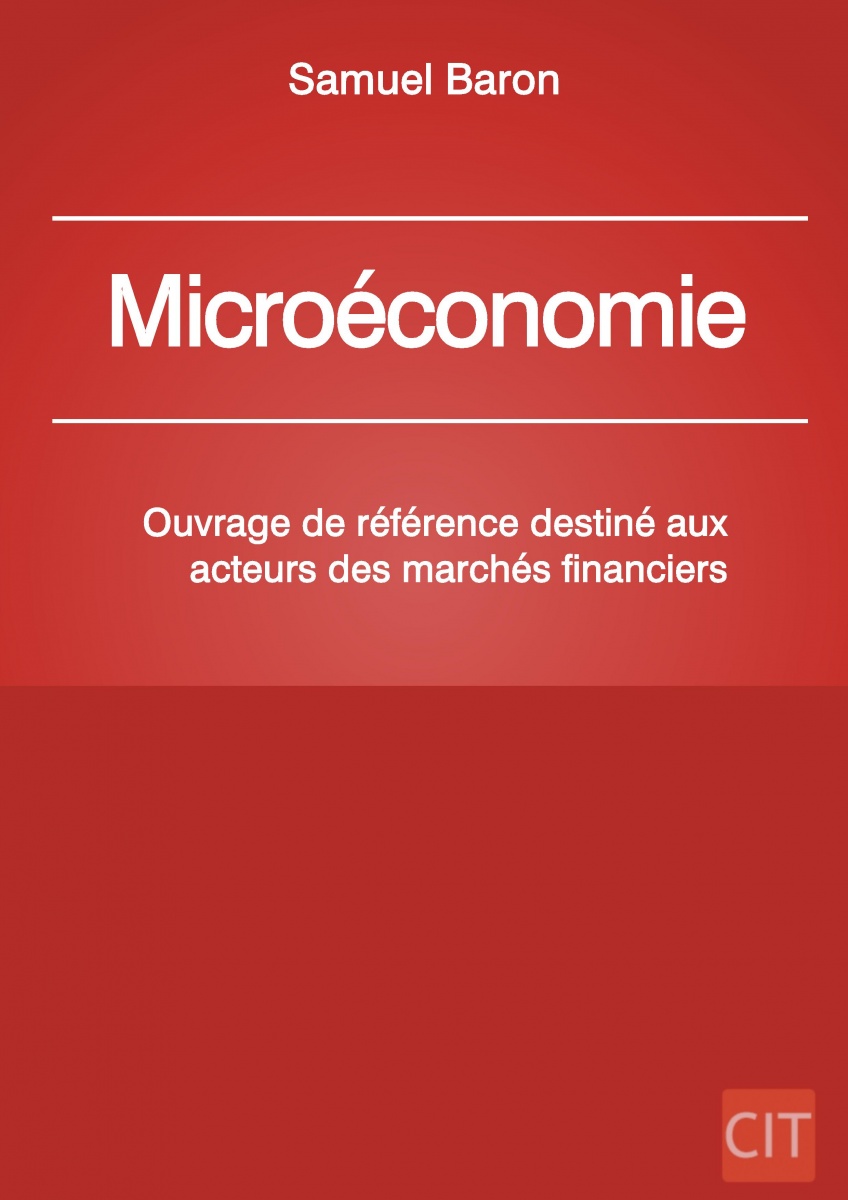A course designed to develop student comprehension of market mechanisms

Course context
A member of the financial world (a student in a trading course, for example), must understand the mechanisms of microeconomics, the science that describes the behavior of stakeholders throughout the market: companies and consumers. Microeconomics primarily describes the mechanisms of price fixation as the balance between the producing entity’s supply and the final (or intermediary) consumer’s demand. The basic tools used to measure this demand are explained by one of our professors in a recent publication.
Even so, it is important not to confuse microeconomics with its partner, macroeconomics, which is concerned with actions of global stakeholders, on a national or worldwide scale, and under the state’s omnipresent role.
This course deals with the study of mathematic mechanisms that lead to the balance between supply and demand, so that students may understand the real world applications behind their trading techniques and assets. When stakeholders act rationally, each party develops strategies of production and consummation that allow them to optimize their losses. Consumers position their choices between the different offers proposed on the market which are the most suitable for their needs, while the company studying different consumer profiles sets their production and price level on the market, in anticipation of the consumer’s demands. This course describes the different theories revolving around microeconomics that have influenced market stakeholders through the twentieth century. Some of these theories, (the neo-classical theories, for example), have been strongly criticized by modern theoreticians, which will be examined in course, and will push the students to take a global perspective on the mechanisms of market function.
The course is based on handouts and articles that are distributed to students.
Course content
- Introduction
- Key Concepts: choice and cost, rationality, margin and incentives
- Contributions of consumer theory
- Intertemporal choice theory and uncertain choice theory
- Contributions of business theory
- Economic equilibrium: a relative principle and its limits
- Theories of market inefficacity
- Development and game theory
- Asymmetric information
- Imperfect competition
- Various markets: the job market, financial market, and commodities markets










 All rights reserved.
All rights reserved.